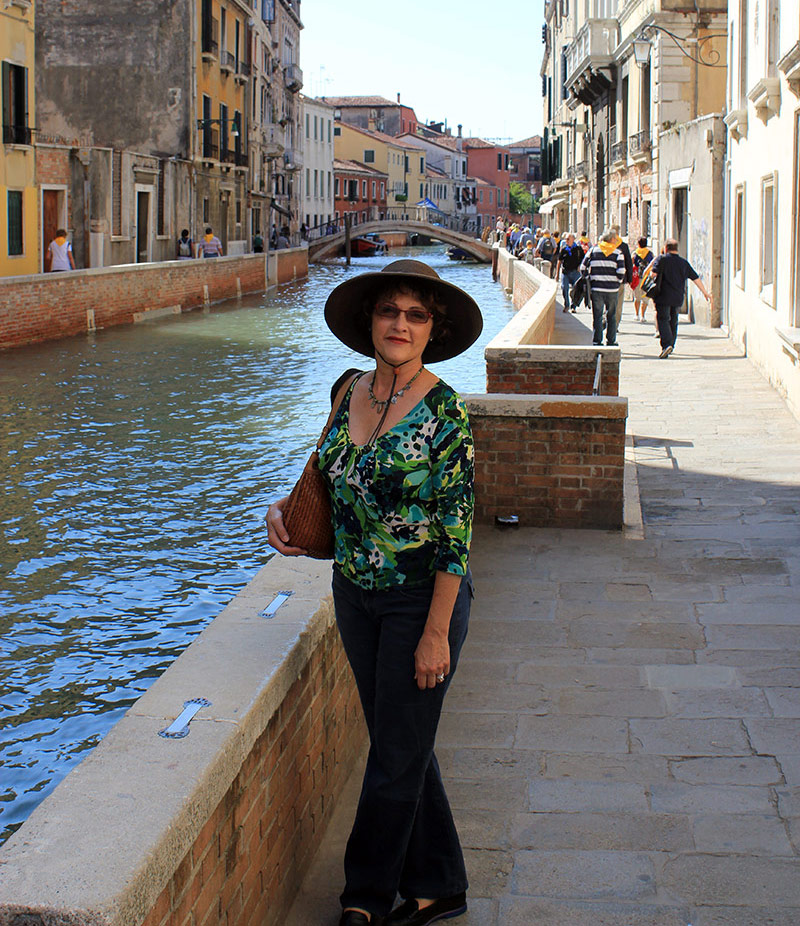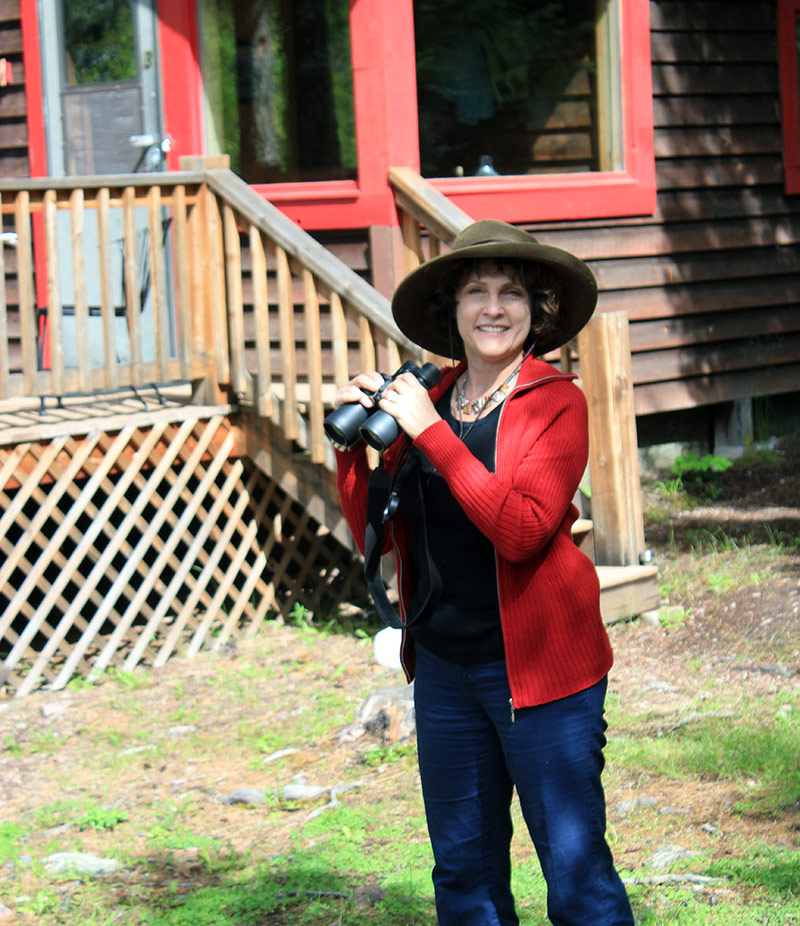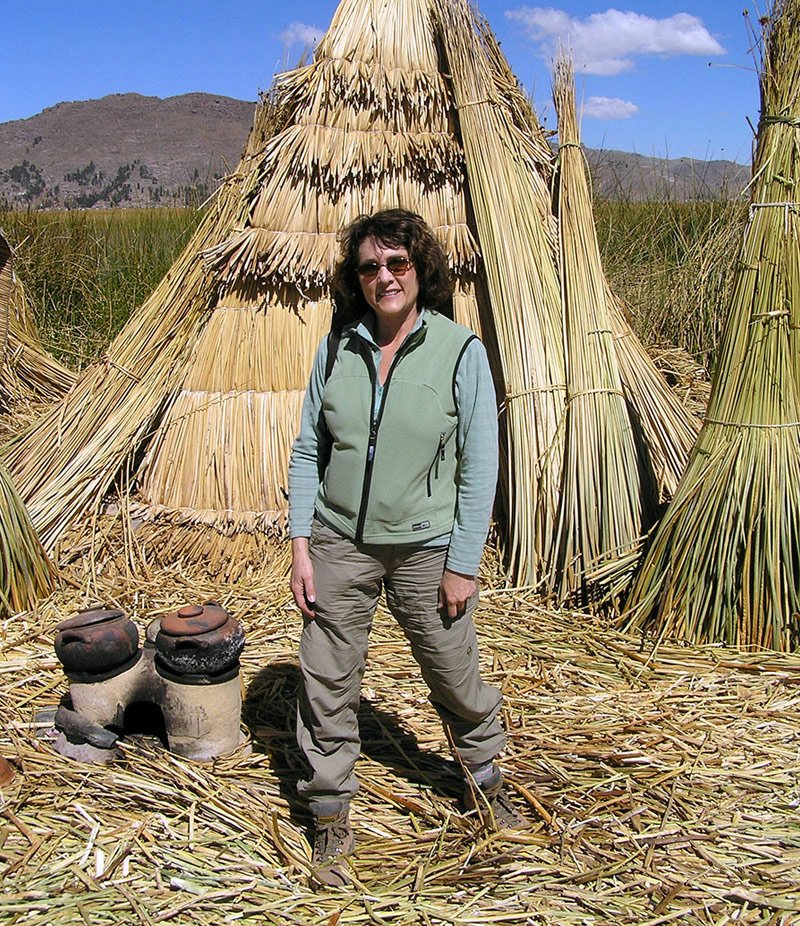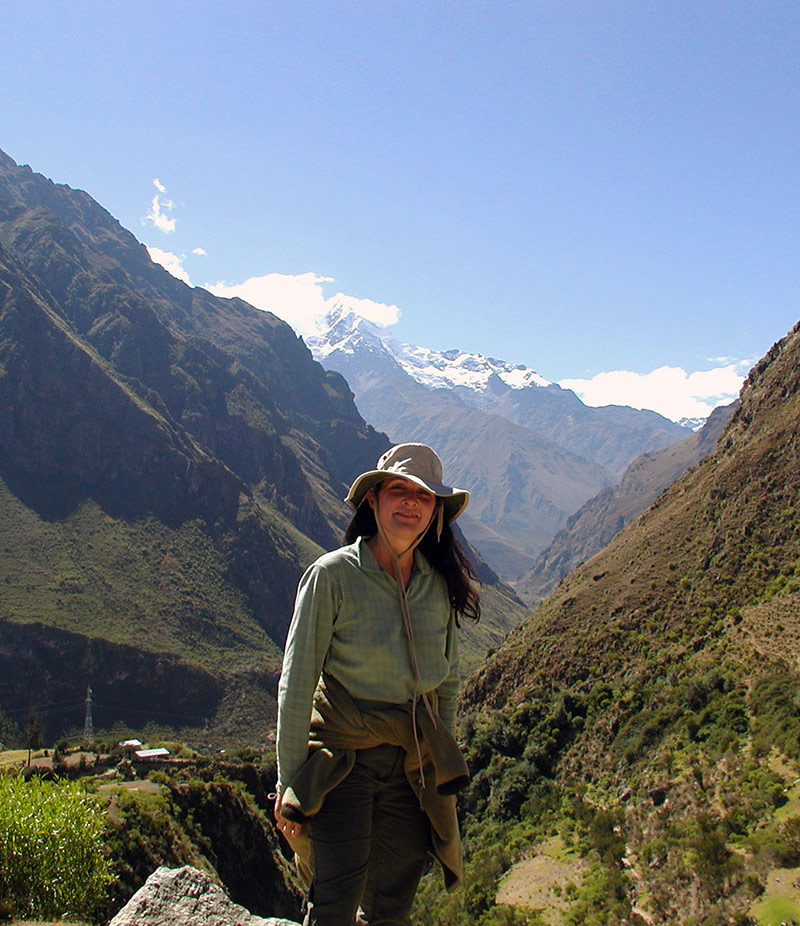Christine Evelyn Volker has lived on both U.S. coasts and traveled in between. She was born in the melting pot of New York City and grew up on Long Island. After studying in Albany, New York, for her undergraduate degree from University at Albany – SUNY, in Spanish Language and Literature, and securing an MLS, she moved to the San Francisco Bay Area. She retooled herself with an MBA in Finance from UC Berkeley and worked in corporate and international lending. Her career brought her to live in Milan and London. An intrepid traveler, she is writing full time, thanks to the support of her husband, Stephan, a public interest environmental lawyer. She’s grateful for two accomplished stepsons and their wives.
In addition to Venetian Blood, she is writing a second international mystery, taking place in the Peruvian Amazon, and has completed a children’s picture book.
Notes From Christine
I distinctly remember, when I was thirteen, looking up from the sands of Fire Island, New York and spotting a Pan Am plane high above, flying to Europe. I said to myself, “I will be on that one day.” My thought wasn’t purely to escape my mundane existence, but to sail beyond boundaries, to experience the world from a different perspective, and to feed my budding interest in foreign languages.
At college, my enlightening junior year in Spain opened me up to the world. All our classes were in Spanish, we were led on field trips by our history professor, art classes were periodically held in Madrid’s incredible Prado Museum. When I arrived in the Bay Area, job prospects were bleak and economic exigencies demanded I orient myself toward business. My MBA led to a career in global banking, which satisfied, in part, my wanderlust.
As I was crossing a San Francisco street almost twenty years later, I bumped into a former colleague who challenged me with a special opportunity. “We’re seeking someone with your background,” he said. “You love Italy so much, wouldn’t you want to live and work there?” How could I say no? I figured it’d be the only chance in my lifetime. I was right. I packed my bags and moved.
As the years clicked forward, it’s not surprising that I chose to write international mysteries, exploring unique foreign places and cultures, examining the precariousness of the earth, and touching on truths we all share.
The moral of my story, I suppose, is that even a curving path can bring you to your destination.
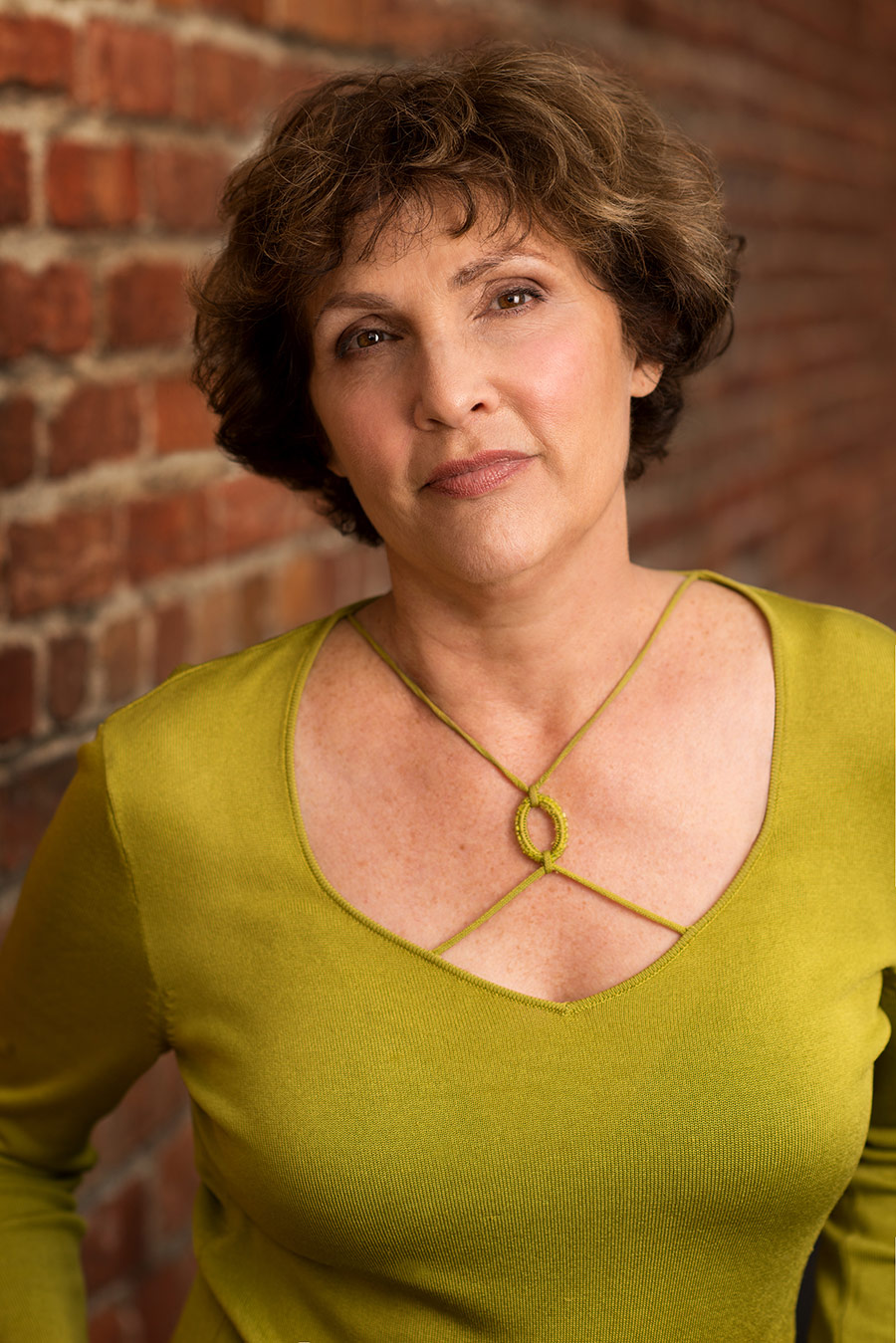
Frequently Asked Questions
Did you always want to write?
No. I needed more life experience along with the confidence that I had something worthwhile to say.
Why do you write?
To liberate my insights and deeply felt emotions, give them wings, and hope that others enjoy them, share in them, and are changed by them, even if just a little.
How did you become a writer?
I had a burning desire to tell a story. Then I sacrificed to learn the craft of writing, and engage in the process of composing and rewriting. My journey to the present is full of twists and turns. As a young adult, I couldn’t dream big. I had constraints. In many ways, I think of myself as a late bloomer. I had been holding the hope of writing a book for so long, it made my hands hurt. My husband, Stephan, is a huge supporter and enabled me to dive into the book for the past few years and come up for air with a finished product.
How did you make the change from banker to writer?
With difficulty. The memos, the reports that you write for business, are not imaginative. Indeed, if they are, you’re in lots of trouble. My writing skills rusted. The part of my brain used for analytical thinking for the MBA in Finance, and later in banking, like for Six Sigma projects, was the opposite of what a writer exercises. Most recently, as a senior vice president and manager in a syndicated lending administrative unit of a global bank, I thought in terms of process, although I did need to understand people’s motivations. When I retired from banking, I wanted a complete break. I told myself I am NEVER going to write about banking in my novels. Period. So what did I do? My friends in finance laugh at this—I wrote about money laundering, letters of credit, a protagonist working for the Treasury Department, and the murdered man as the owner of a bank. Sometimes you just can’t get away.
Are you a “seat of the pants” writer or an “outliner” of plots and characters?
Venetian Blood was definitely a seat of the pants book. Many pants actually. When I first started writing it, I wasn’t even sure who the murderer would be. Anna might also have had a doppelganger. Along the way, I fleshed out the characters and changed their motivations to achieve something deeper than a travelogue of Venice with murder served on the side. This was an extremely time-consuming way to write. It also necessitated multiple drafts: I frequently needed to rewrite earlier chapters leading up to a later chapter that I had just changed—again.
For my second book, I completed dossiers on the characters, their physical and emotional characteristics, their talents and professions, their backgrounds and motivations. I outlined the plot, so I know where things are going before I arrive at the destination. There’s still magic though. When you put two characters together in a particular setting, they may end up doing or saying things that you, as the author, hadn’t planned. So I don’t see them as the author’s puppets, but rather as beings, limited to living on paper, yes, but with a life of their own that must ring true. Even Gabriella and her diary, do exist in Venetian Blood, at least in the memory of other characters.
How many drafts did you go through for Venetian Blood?
I tried not to count. I re-drafted in parts as I polished a section of the book. I’d say at least 15. At points the effort seemed interminable.
Where do you get your initial inspiration?
From places in the world. It may be backwards with respect to what many other authors do, which is to figure out an ignition point of the plot, then the characters and then the setting. There are locations that speak to me, that evoke emotional responses. I go with that and build the rest around it. Sort of like an architect who sees a perfect site and wants to design the perfect home there. It couldn’t be anyplace else.
Describe your writing process
Once I select the setting, which is a place I have visited, I read more about it, decide what makes it special and visualize it. There’s a lot of free form thinking and dreaming in the beginning. Then I figure out what characters would be needed to make a compelling story, what my protagonist has at stake and how she can make progress in solving the murder, since I’m specializing in international mysteries. I ask a lot of preliminary questions about motivation that will drive the plot, like what makes the antagonist tick and how do the characters’ paths cross?
How many books do you have in you?
That’s a difficult question to answer. It really depends on the speed of my writing, not my desire, or ideas for new books. After my second book, I have at least two more international mysteries that I have scoped out and would love to write. Plus I need to publish the children’s picture book I completed. Come back in ten years and we’ll count them.
How important is a community of writers to you?
It’s critical. Writing as you know, is a very solitary endeavor—like a hermit living in a cave. But you desperately need feedback. Sometimes it hurts to the quick. Learning from others, interacting in a safe place, is indispensable. I could not have come even this far without that. Writing courses, programs in local bookstores, and conferences are vital for your development.


